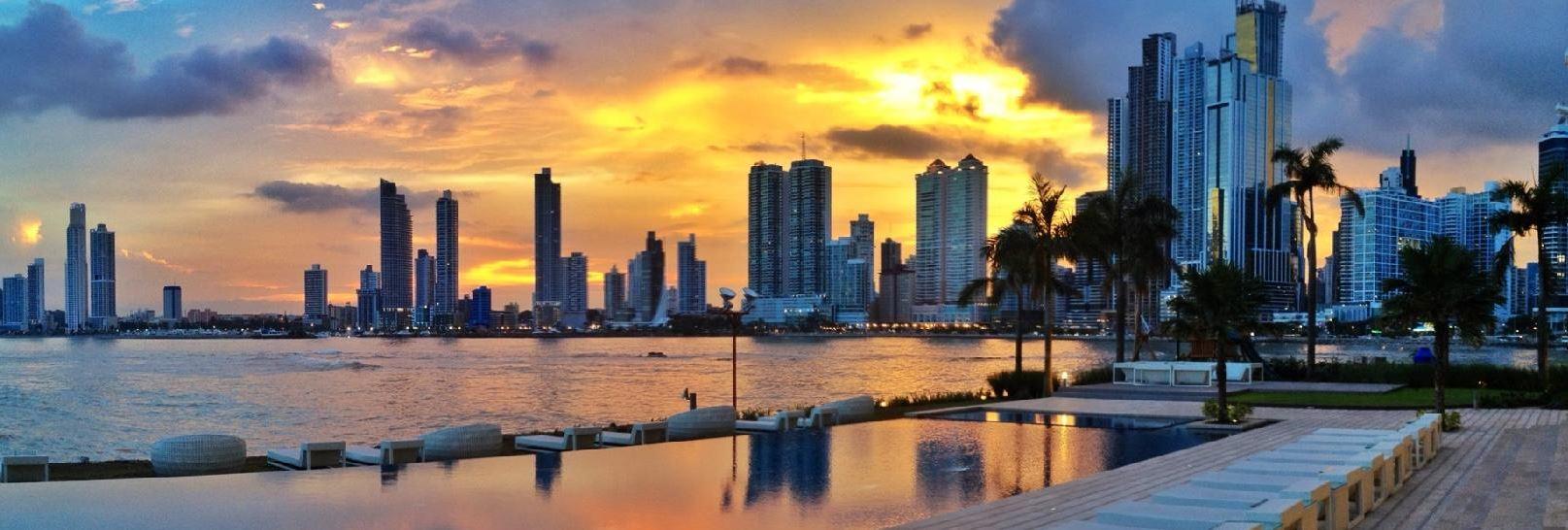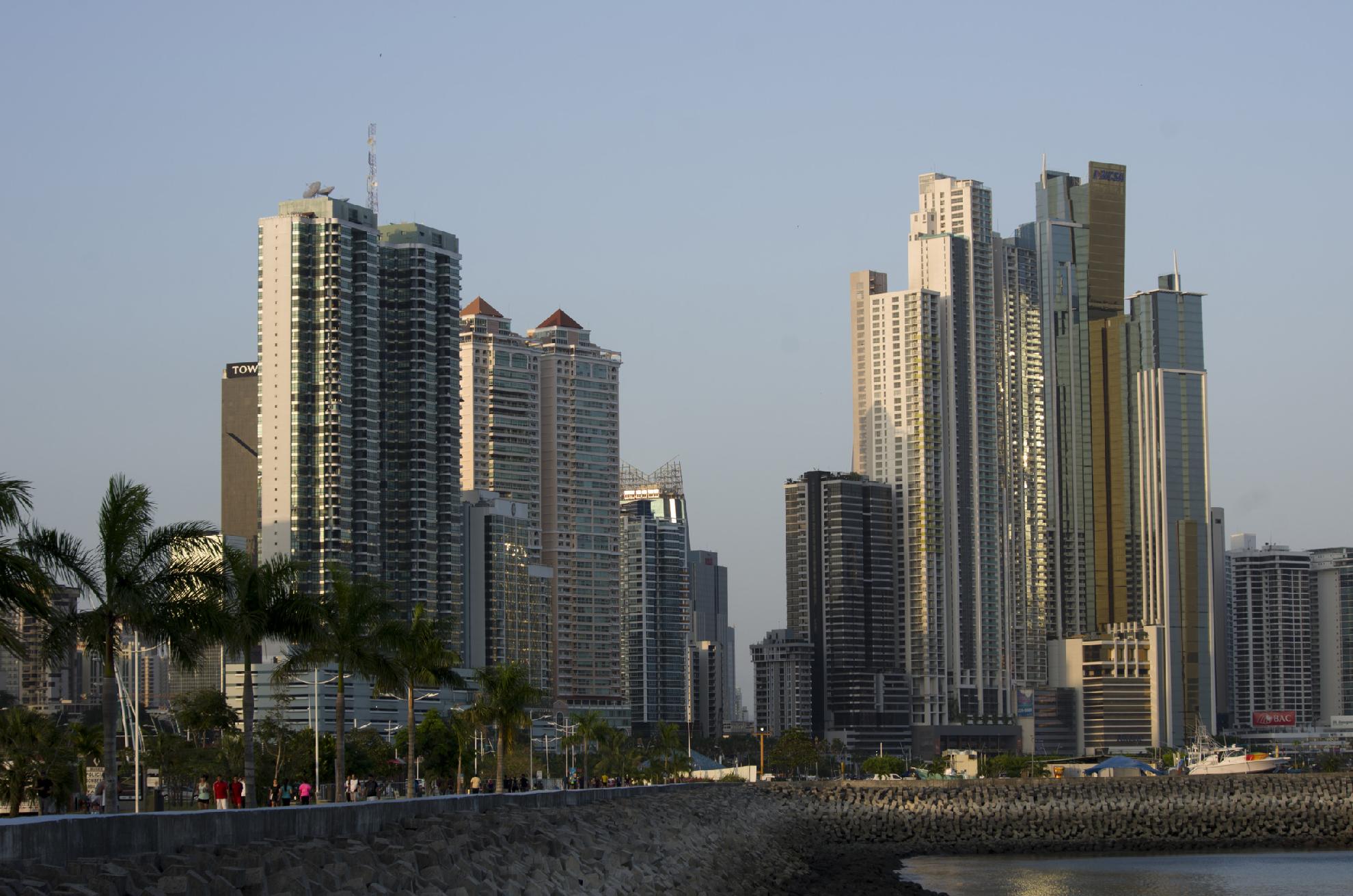How To Finance Real Estate In Panama
This is a result of 80 million baby boomers expected to retire over the next decade, with approximately 5 percent migrating to Latin America. There are several options available that Panamanian banks offer on lending to foreigners who seek to invest, including real estate investment. There is only one catch: some mortgage options are easier to acquire than others and it is best to explore what is best for the investment. Below is a guideline on how to finance real estate in Panama: mortgage and other options.
1. What is the bank looking for?
To determine the buyer's eligibility for a house loan, Panamanian banks examine the ability to pay and your prospective property's loan to value ratio. In other words, the applicant will be required to prove his/her income and the worth of the property that he/she is purchasing. The bank will also review all your applicable investments which can be used to pay variable expenses.
Below is the list of general documents required by Panama banks in order to open and account and commence the loan process:
- Completed and signed mortgage application
- Photocopy of your current and unexpired passport including all stamps and internal pages, etc.
- Photocopy of one additional photo ID
- Credit report from your country of residence
- Utility bill where the buyer's name and address are visible that match with other documents
- Personal education background
- A complete resume
- Two original bank reference letters
- Two original commercial reference letters from commercial and professional source(s)
- A letter explaining the buyer's income sources and reason for the purchase
- Tax returns of the last two years
- Appraisal of the property
- Title deed of the property from Panama's Public Registry
- Purchase contract, including proof of any down payment made
- Life insurance is required which should name the Panama bank as the beneficiary for the full loan amount.
Applicants who are self-employed are also required to submit the following additional documents:
- The company's information (name, address, contact number, website
- Audited financial statements for the past two years
- A letter explaining the background and type of business
- Two original bank reference letters
- Two commercial reference letters from the applicant's clients.
Foreign borrowers should have their documents issued in their countries authenticated either by "Apostille" or a Panamanian consulate before submitting them to banks in Panama for mortgage.
After the submission that satisfy the bank's requirements, there is a 14 day wait on approvals. During this period, your case is thoroughly examined by the bank's credit committee. Once an approval is authorized, the bank will issue a loan term sheet to be reviewed by the applicant. If he or she agrees, the applicant signs the sheet, sends it back to the bank, and an irrevocable promissory letter for the loan will be approved and issued by the bank. Congratulations! Now you are officially on the way to acquire that piece of property in Panama you've always dreamed of.
2. What are the criteria foreigners should meet to qualify for a mortgage?
As a foreigner, you must finish paying the loan by the time you are 75 years old. With that being said, you can only obtain a 10-year loan term if you are 65, and if you are 50 years old, a 25-year loan is the best you can get.
- 25 year loan terms are the maximum
- Mortgages to buy property which is to be utilized as vacation rental property or a second home will only be up to 70% of the property's value. Additionally, the purchase price cannot be larger than the appraised value.
- The property must be titled for the banks to consider financing.
- The location of the property must be in an urban area where infrastructure has already been developed and improvements have been made. The property cannot be within 10 miles of international borders.
- Titled property is duly registered in the Public Registry of Panama. legalized by Panama's National Register.
3. What sorts of mortgages are available in Panama?
At this time, banks in Panama offer traditional fixed rate mortgages. Depending on factors like the type of property (investment, residential, commercial), the applicant's age and status, the term of the loan, and so on, the interest rates will be determined accordingly. Recently, what seems to be the case is how you plan to do with the property is a considerable factor that influences the interest rates. For residence property, rates will be around 6%. For full-time earners who are also full-time residents in the property, rates will be about 5%. Interest rates of investment properties are higher, which is around 7%.
4. How can I qualify for a mortgage in Panama ?
Panama banks consider the property's loan to value (LTV) ratio and your ability to pay. You are required to provide documentation for the value of the property and proof of your income, among other documents.
5. How does the bank determine how much debt I can carry on a mortgage?
A typical calculation goes as follows:
- First, they will calculate the total amount of the monthly income (I)
- Second, the monthly income will be added to the average monthly balance of your investments. (B) I +B
- Third, I +B will be multiplied by 35% (this percentage can vary) (I + B) x 35%
- Then, the monthly amount of payment for loans used for personal expenses, cars, tuitions, and so on will be subtracted (L) ((I + B) x 35%) - L
- Finally, 10% of the average monthly balance of your credit card will be subtracted (C) [((I + B) x 35%) – L] – (10% x C)
- The final result will determine the amount of credit you will be able to receive, which is also your monthly payment capacity, depending on the rate and term.
6. Are there any other ways to finance my real estate in Panama?
- Seller financing: is the most attractive alternative so far in Panama. It entails the seller of the property interested in helping the buyer's finance directly. The benefits of seller financing are reflected on the ease of transaction and financing terms. If the buyer decides to go with this option, he/she should get an attorney and work with a real estate firm to establish the purchase of the property. The lawyer would take care of registering the transaction and escrow accounts, while the real estate professional will guide you through your options, ensure a comprehensive understanding of all the pros and cons, and handle the negotiations. Depending on the seller, you can expect them to accept 5% or 10% as a down payment after you have signed the buy/sell contract. The percentage varies as it is totally up to the seller of the property.
- Developer financing in Panama: Prospective buyers can also seek to purchase property from a developer who has a pre-established connection with a bank. If you want to try this road, expect to pay about 7-8% interest for a 3-5-year loan, with monthly payments and a large balloon at the end. Also, the buyer will probably be asked to put down 30%. What is beneficial about this alternative is it won't take a considerable amount of personal time as your loan will be granted in a matter of a week and there is no need to submit an array of documentation like in case of a bank's mortgage. A deposit check and your passport are sufficient when you apply for a developer financing.
Other alternatives to consider for financing your real estate are a loan against your retirement, cash payment, investor loans that are secured by the property, or reverse mortgages.

Final considerations
Above listed answers to the most fundamental questions when it comes to finance your real estate successfully in Panama. Buying real estate in a foreign country anywhere requires a buyer to be fully equipped with the understanding of the country's policies and procedures.
It is recommended to get professional help from a reputable lawyer and a licensed real estate agent. While the former provides you with legal advice, the latter will stand by you through every step of the real estate purchasing process in Panama.
Financing your real estate will require good time management and good organization skills as there will be people to meet and documents to collect and submit. Acquainting yourself with what is needed of you is one step closer to a successful real estate investment in Panama.
We're sure you have more questions, so don't hesitate to contact our expert team today. Remember to check out our real estate listings, with over 500 properties for sale.
[load_module 448]
